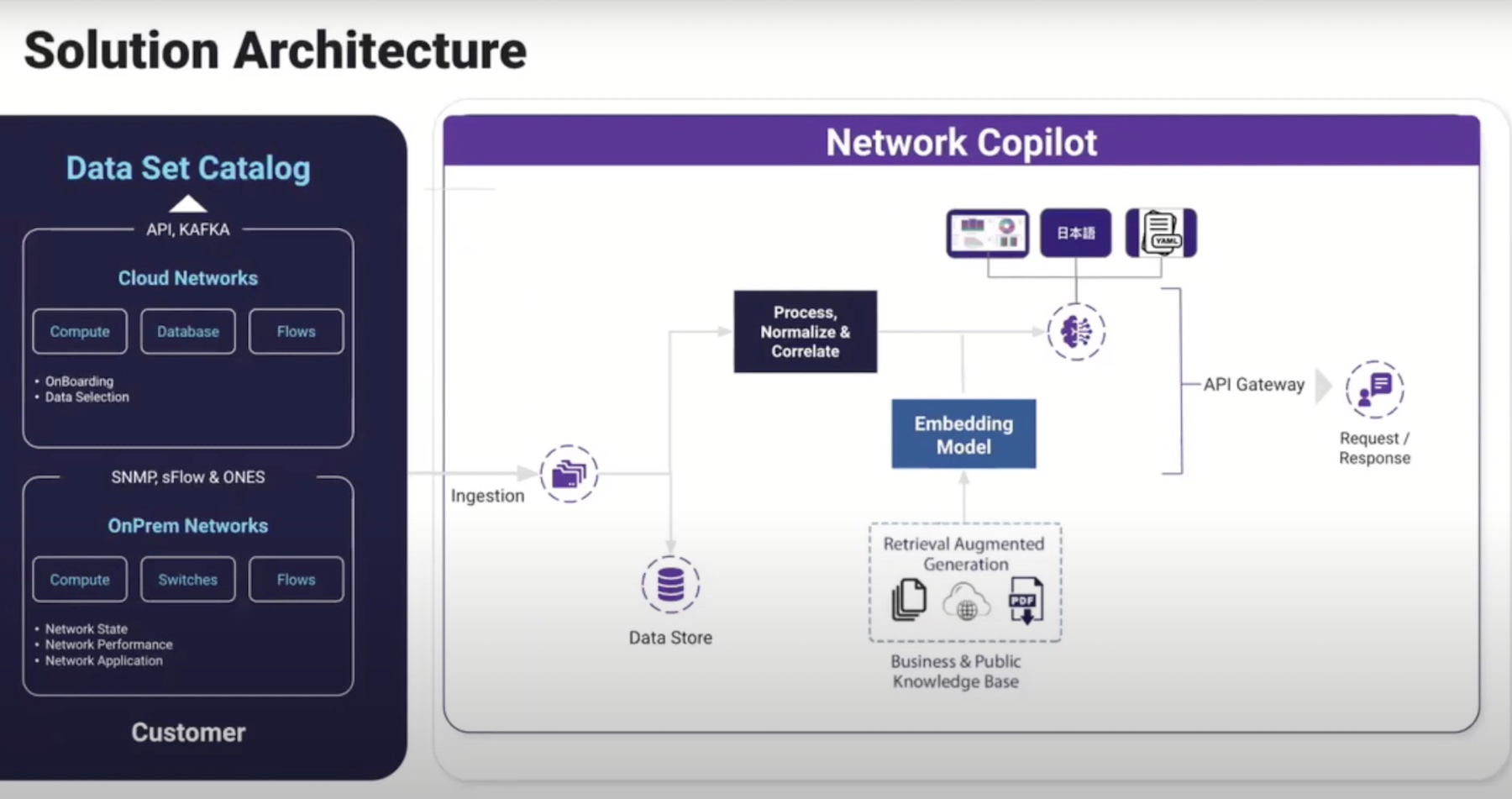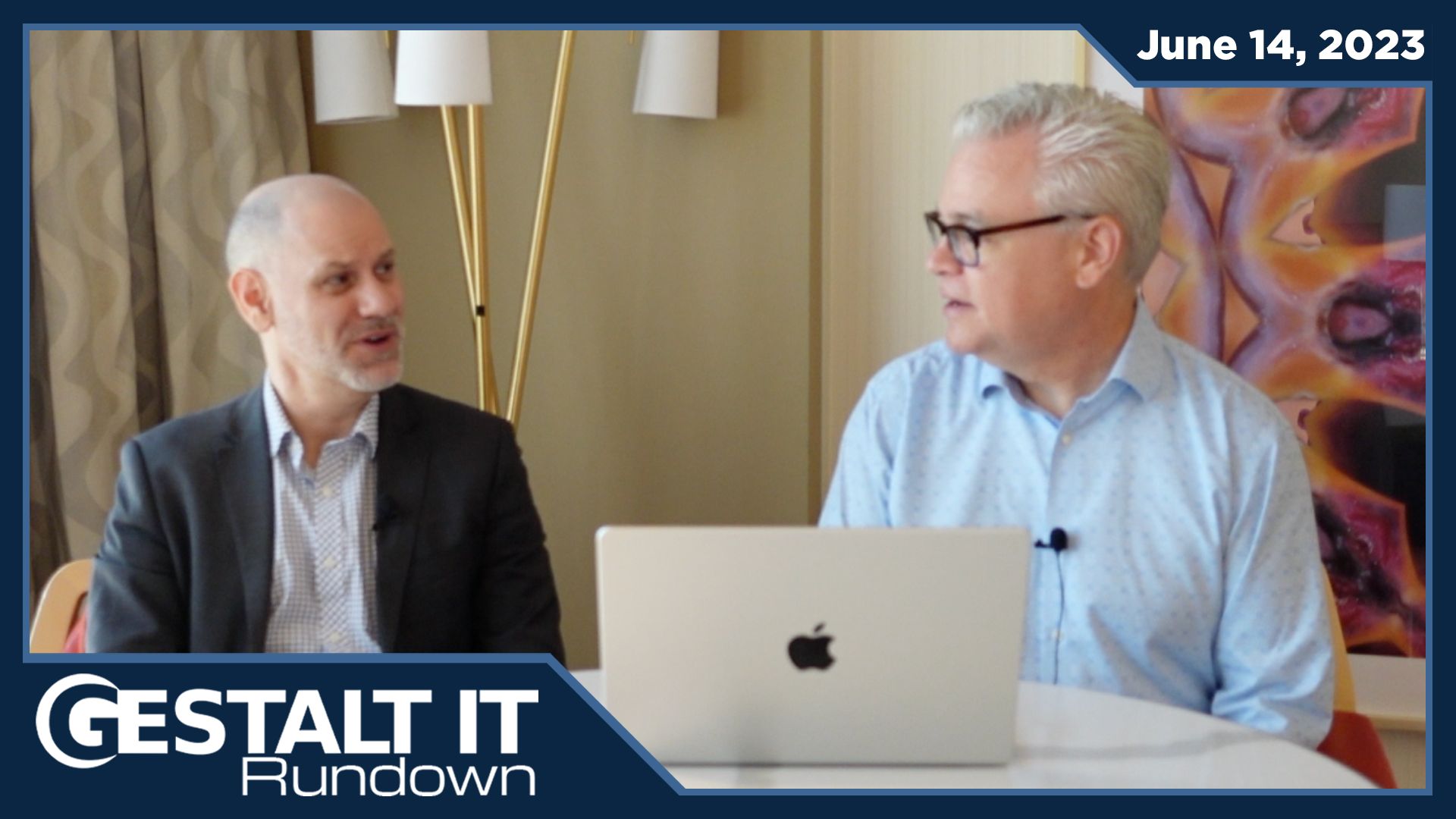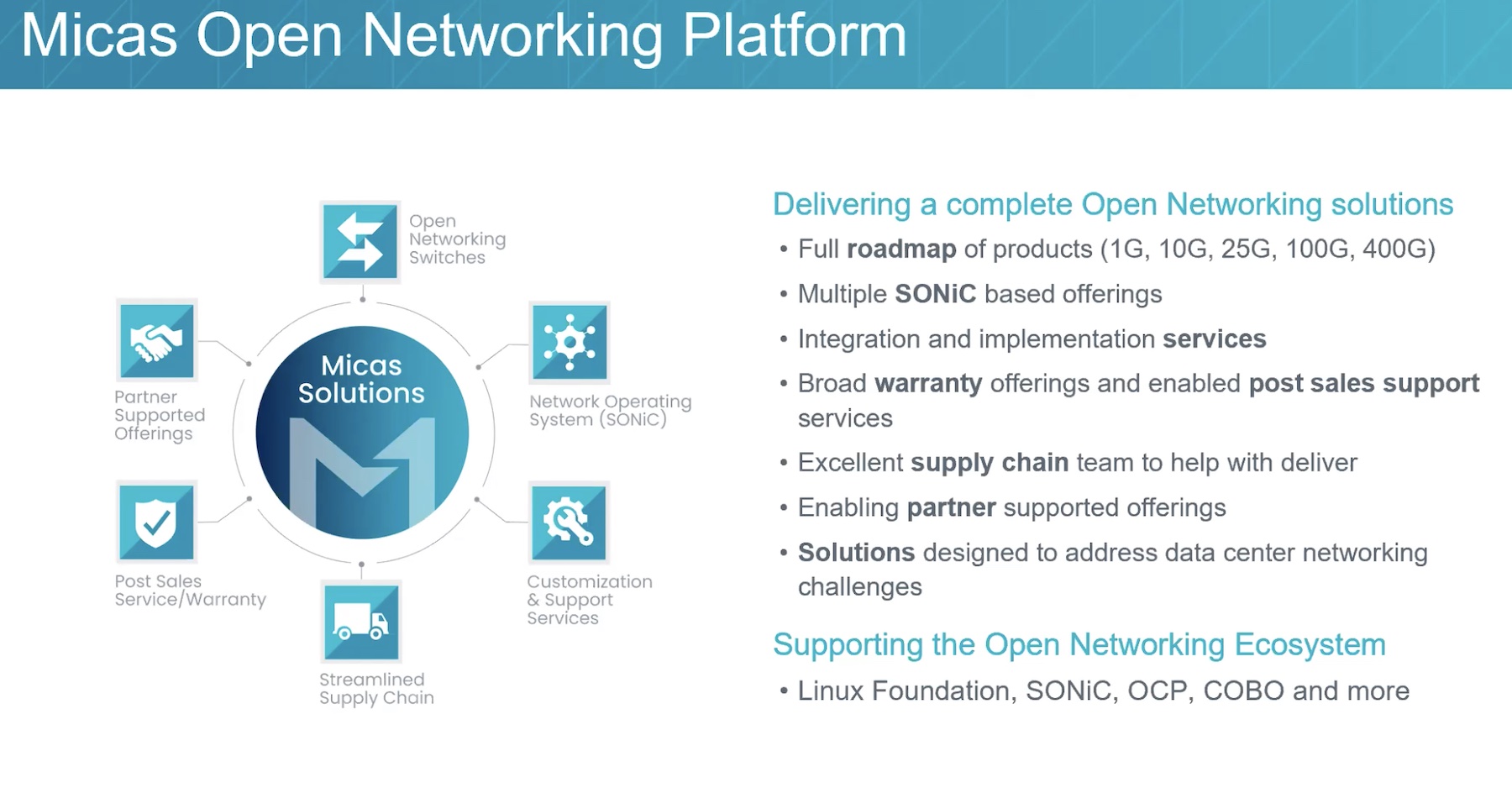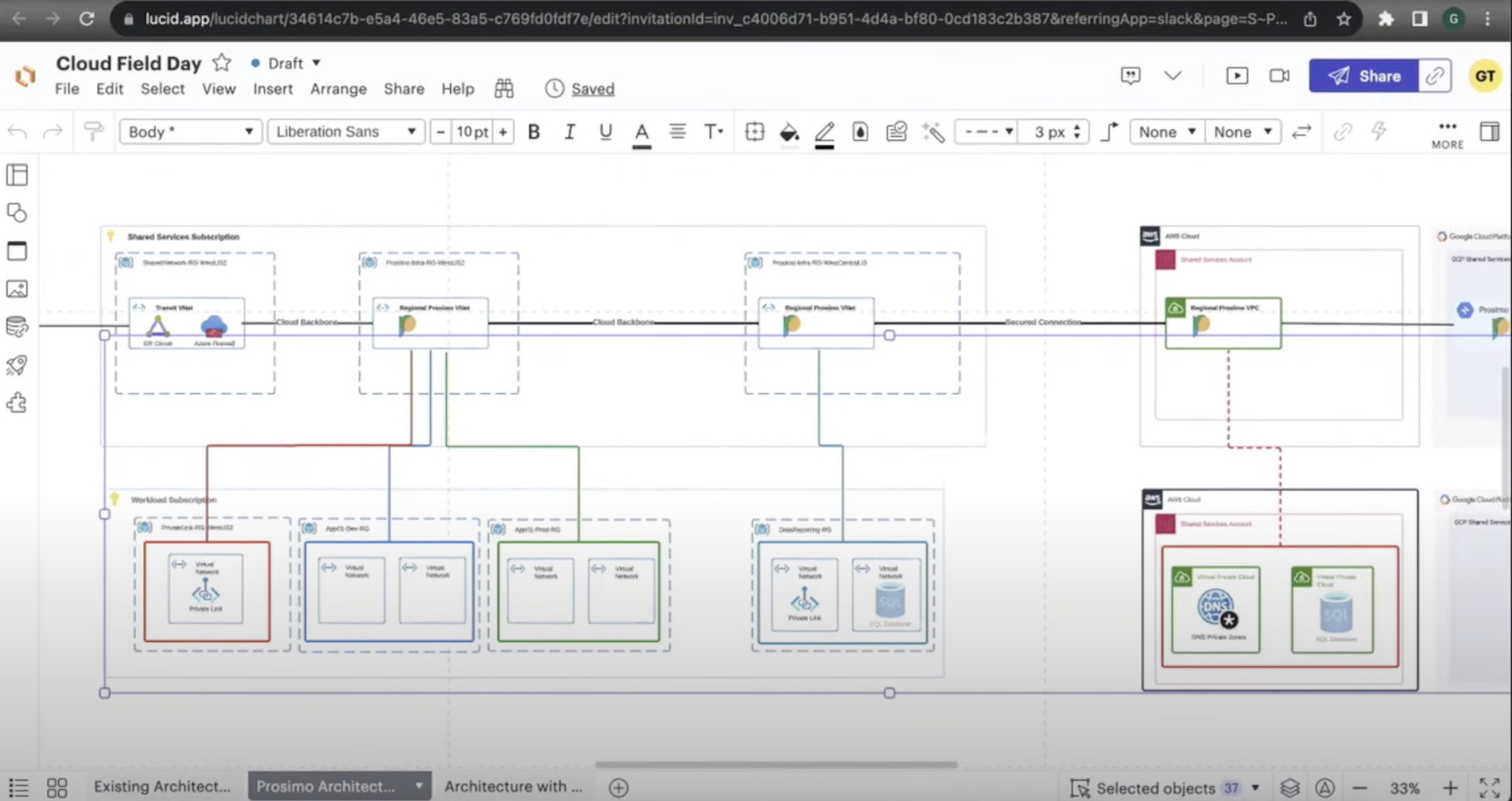With all the expectations and hype that surround software-defined networkings, it’s easy to get a little jaded. But that misses the massive impact it’s had for enterprise networks. In this piece, Tom Hollingsworth rightly points out that this programmability is no longer a new feature that network engineers are excited about. Instead, it’s become a staple of the modern data center, one that increasingly organizations depend on.
Tom likens this to the software features we get with each new iteration of a smartphone OS. The problem becomes when we start expecting the same iterative hardware refreshes in network infrastructure that we do in a smartphone. With the capital expense required, no one should be ripping out a network because a new product is 15% faster.
Instead Tom likens purchasing and upgrades to buying a car. This may be a more apt analogy than Tom even intended. While a traditional car is a rather fixed purchase, something you buy with an eye for future needs and hold onto for a long time, that’s changing. Telsa is famous for over the air updates that add both performance and features to their vehicles over time. There are less APIs to worry about from a drivers perspective, but both are evolving in a similar way.
Tom Hollingsworth comments:
One of the many takeaways I got from Future:Net last week was the desire for networks to do more. The presenters were talking about their hypothesized networks being able to make intelligent decisions based on intent and other factors. I say “hypothesized” because almost everyone admitted that we aren’t quite there. Yet. But the more I thought about it, the more I realized that perhaps the timeline for these mythical networks is a bit skewed in favor of refresh cycles that are shorter than we expect.
Read more at: Network Longevity – Think Car, Not iPhone




